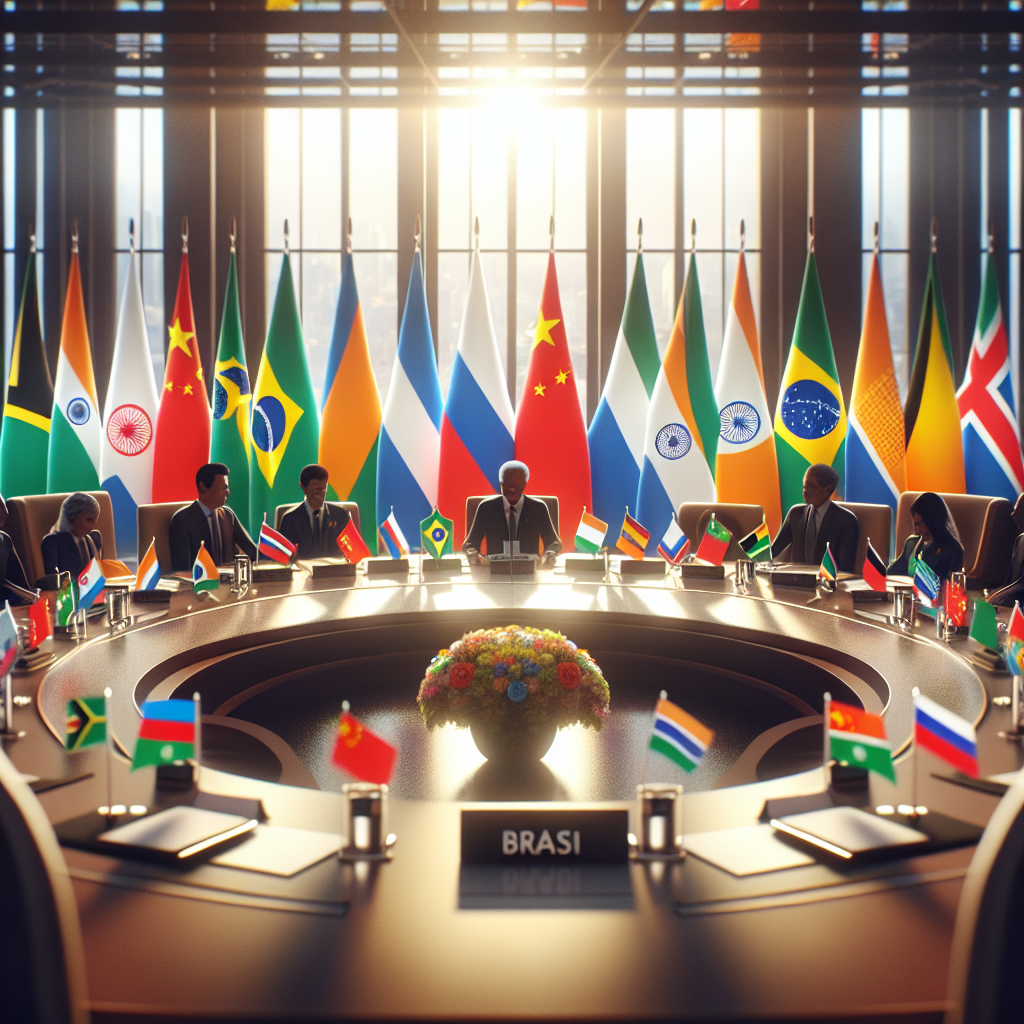BRICS Summit in Rio: Pioneering a New Multilateral Era
The growing BRICS group met in Brazil, advocating for reforms of Western institutions and multilateral diplomacy. Despite some leaders' absence, the bloc highlighted its role as a voice for developing nations. The summit underscored rising BRICS influence and challenges in maintaining cohesion amidst diverse member interests.

In a significant shift on the global stage, leaders of the BRICS group convened in Rio de Janeiro to champion the reform of traditional Western institutions and bolster multilateral diplomacy. Hosting the summit for the first time with Indonesia as a full member, Brazil highlighted BRICS as a successor to the Cold War's Non-Aligned Movement.
Brazilian President Luiz Inacio Lula da Silva noted BRICS' rising influence, representing over half of the world's population and 40% of its economic output. Amidst growing international protectionism, Lula asserted that BRICS could bridge gaps left by disunited global powers.
While Chinese President Xi Jinping was notably absent, the diverse bloc discussed challenges like Gaza bombardment and Security Council reform. The summit emphasized BRICS' ambition to address the complexities of modern geopolitics and the bloc's increasing diplomatic weight in the international arena.
(With inputs from agencies.)










